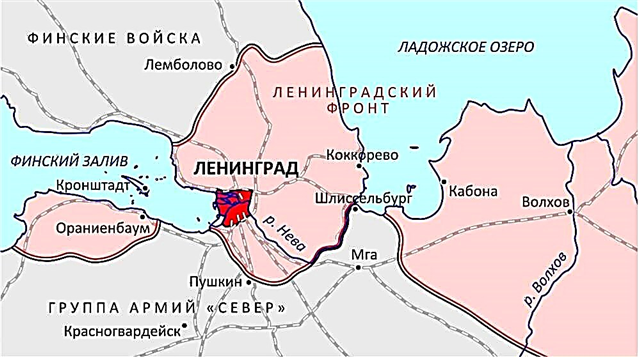Who is the Ombudsman not everyone knows. The Ombudsman is a civilian or, in certain countries, an official who is entrusted with the functions of monitoring the observance of the legitimate rights and interests of citizens in the activities of executive authorities and officials.
In simple terms, the Ombudsman protects ordinary citizens from government misconduct. His activities in the state are regulated by the relevant law.

Who is the Ombudsman
For the first time the post of parliamentary ombudsman was introduced in Sweden in 1809. He was engaged in the protection of the rights of ordinary people.
In most states, such a position appeared only in the 21st century. It is curious that in translation from Swedish the word "ombudsman" means "a representative of someone's interests."
This position may have different titles in different countries. For example, in Russia, an ombudsman means a person - an ombudsman for human rights. However, in any case, the person holding this post is interested in protecting the civil rights of ordinary people.
Most often, the ombudsman is appointed by the legislature for a specific term.
It should be noted that the Ombudsman has no right to engage in any other paid work, conduct business or be in any public service, with the exception of science and teaching.
What powers does the Ombudsman have in Russia?
In the Russian Federation, the Ombudsman appeared in 1994. Today, his activities are controlled by the law of February 26, 1997 No. 1-FKZ.
The duties and rights of the Russian Ombudsman include the following:
- Consideration of complaints about actions (inaction) of officials. He has the right to personally organize checks in case of gross violation of civil rights.
- An appeal to civil servants for the purpose of cooperation or clarification of certain circumstances. The Ombudsman can request documents or demand explanations from employees' actions.
- The requirement for thorough investigations, expert opinions, etc.
- Gaining access to familiarization with the materials of court cases.
- Registration of legal claims.
- Making reports from the rostrum of parliament.
- Creation of a parliamentary commission to investigate a case concerning gross violations of the law in relation to ordinary citizens.
- Helping people to raise the level of legal awareness, as well as reminding them of their legal rights and obligations.
Anyone, including even a foreigner, can seek help from the Ombudsman. At the same time, it is appropriate to lodge a complaint against him only in the case when other legal remedies have proved ineffective.
What does a financial ombudsman do
In 2018, the State Duma of the Russian Federation introduced a new position in the country - the Commissioner for the Rights of Consumers of Financial Services. This commissioner is the financial ombudsman.
From June 1, 2019, the financial ombudsman is obliged to find a compromise between citizens and insurance organizations under the following agreements:
- CASCO and DSAGO (voluntary motor third party liability insurance) - if the amount of claims does not exceed 500,000 rubles;
- OSAGO (Compulsory motor third party liability insurance).
The OSAGO Ombudsman investigates cases of an exclusively property nature. For example, if they did not want to conclude an insurance contract with you, you should go to court, and not to an authorized person.
An interesting fact is that from January 1, 2020, the financial ombudsman will also resolve disputes with MFIs, and in 2021 - with banks, credit cooperatives, pawnshops and private pension funds.
You can file a complaint with the Financial Ombudsman on the official website - finombudsman.ru.
However, initially you should do the following:
- Submit a complaint to the insurer in writing and wait for a response.
- Check if the insurance company is on the Register of Companies Cooperating with the Ombudsman.
It usually takes about two weeks for a complaint to be processed.
Conclusion
So, the ombudsman is a defender of the rights and interests of ordinary citizens. He considers disputes and tries to find a compromise between people and officials.
Experienced lawyers today still cannot agree on whether the Ombudsman has real independence. If not, then it may interfere with a fair hearing.









